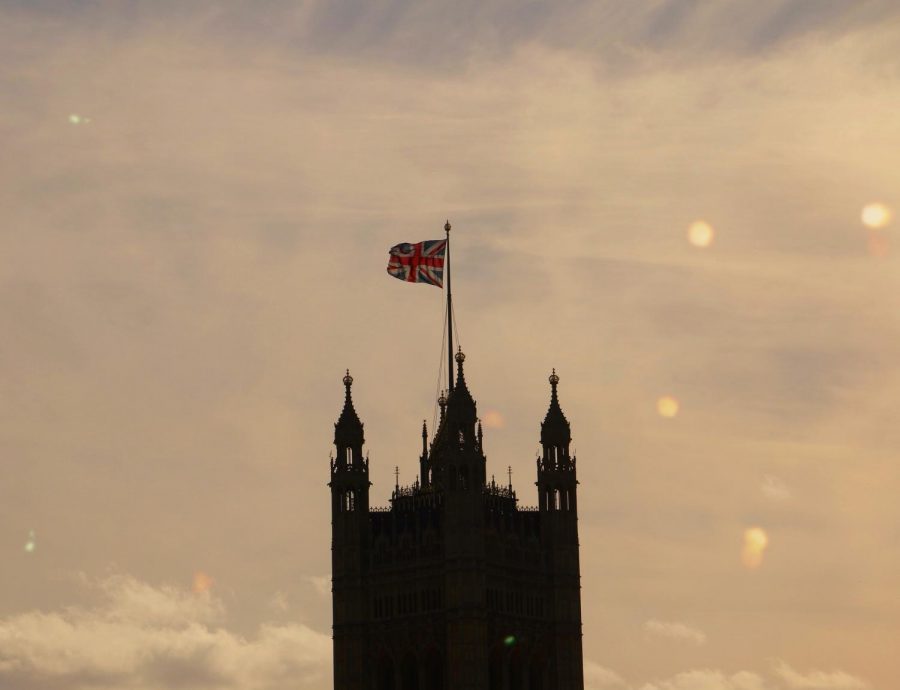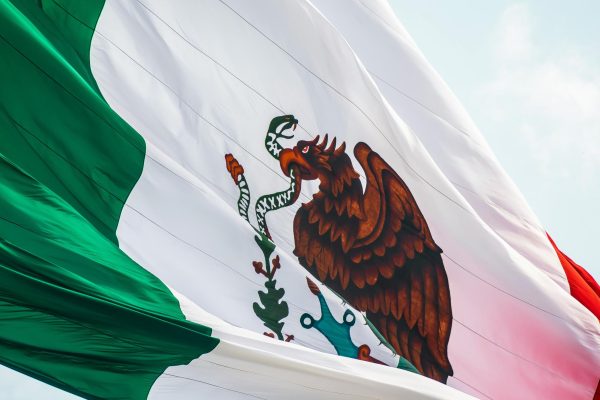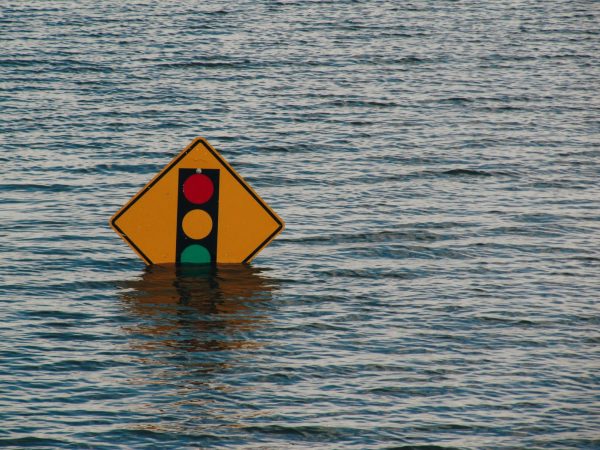Prince Philip, Duke of Edinburgh, dies at 99
May 12, 2021
On April 9, 2021, Prince Philip, Duke of Edinburgh and consort to Queen Elizabeth II, died due to health-related circumstances. He was the longest-serving royal consort of British history, with over six decades spent at the Queen’s side.
In the months leading up to his death, he had been hospitalized several times for a variety of illnesses. He passed away at Windsor Palace of what is presumed to be old age.
A statement issued by Buckingham Palace expressed the Queen’s “deep sorrow” at her husband’s death. The statement also said that “the Royal Family join with people around the world in mourning his loss.” In a tribute to the Duke, Westminster Abbey rang its tenor bell once per minute for ninety-nine minutes in a nod to his life. The Royal Family has asked that people make a donation to charity in Prince Philip’s honor as opposed to the tradition of leaving flowers due to the risk of being exposed to COVID-19.
Prince Philip’s death has brought about some questions about his personal legacy. Accounts of racist and misogynistic words said by Prince Philip in the 1950s, 60s, and 70s have resurfaced, and have led many to criticize the Duke. Others argue that Prince Philip is merely a result of his time, and that what he said was not unusual for the mid-1900s. Ultimately, Prince Philip’s legacy will be a conflicted one, though many will continue to admire him as a symbol of the British monarchy.










